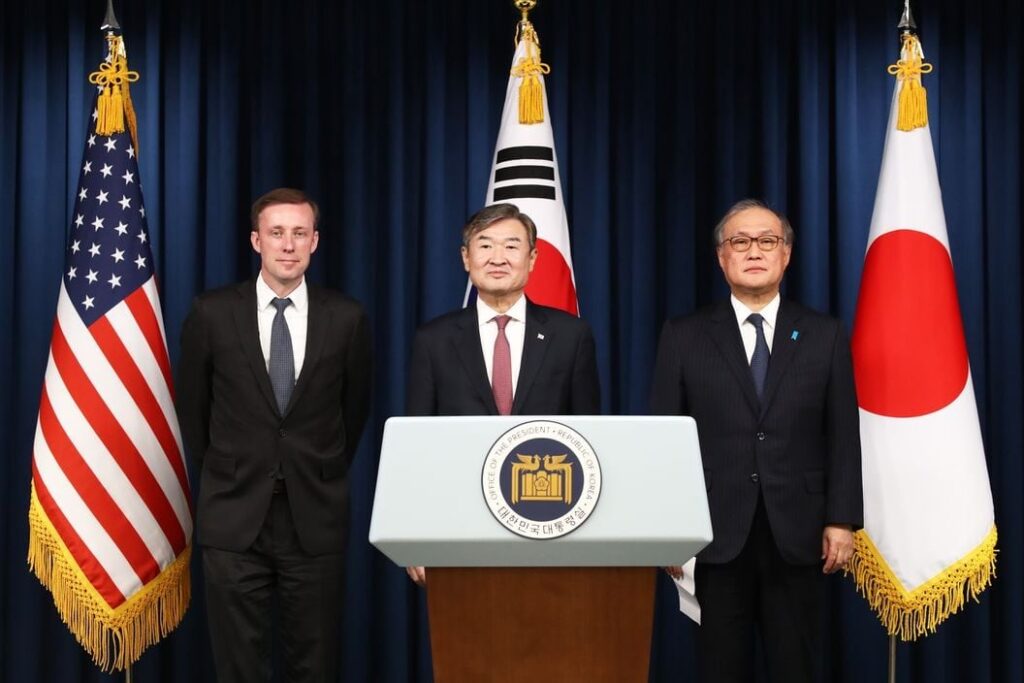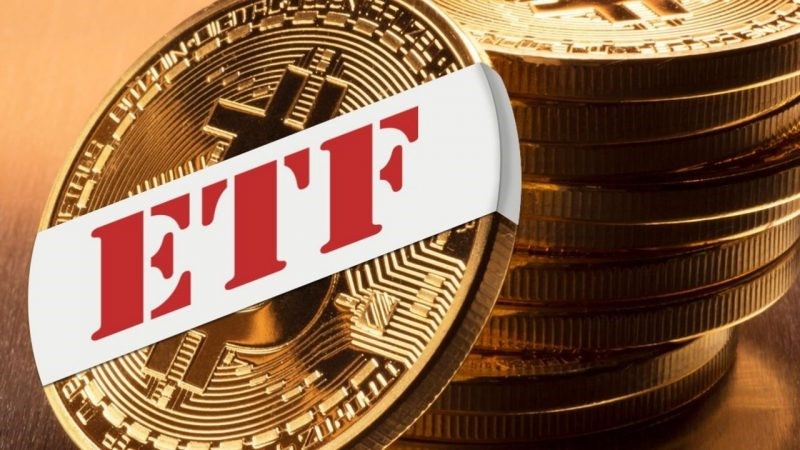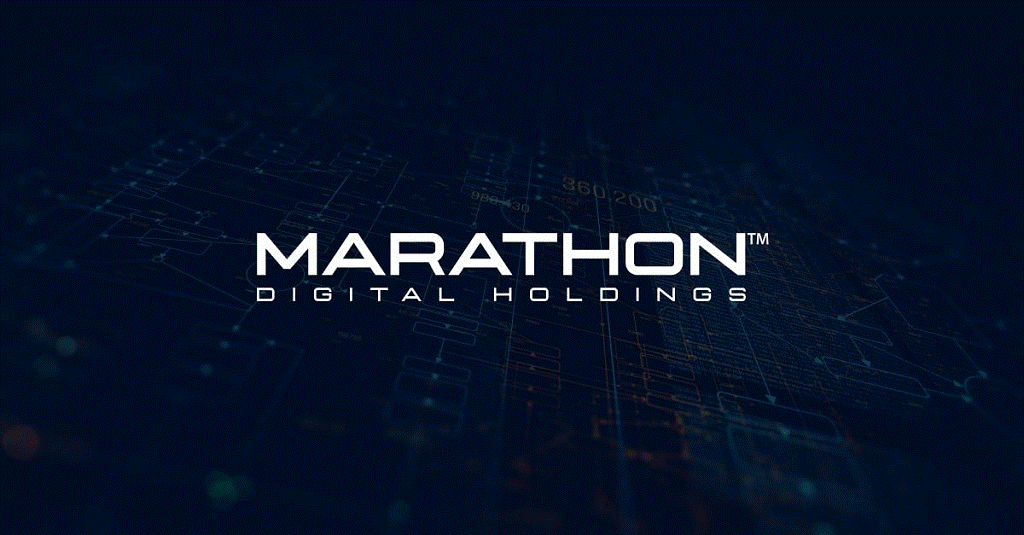North Korea is alleged to have acquired billions of dollars in cryptocurrency to fund its nuclear and ballistic missile programs.
National security officials from the United States, South Korea, and Japan convened to address North Korea’s involvement in cryptocurrency thefts and its activities related to nuclear and ballistic missile programs. The meeting, held in Seoul, South Korea, included discussions on a range of issues, with a focus on the Democratic People’s Republic of Korea (DPRK), the official name for North Korea, and its persistent weapons of mass destruction program. The White House announced the talks involving U.S. National Security Advisor Jake Sullivan, Republic of Korea National Security Advisor Cho Tae-Yong, and Japan National Security Advisor Takeo Akiba in a statement released Friday night.
The National Security Advisors conducted a comprehensive review of various trilateral initiatives during the meeting. These initiatives encompassed commitments to consult on regional crises, the exchange of ballistic missile defense data, and collaborative endeavors aimed at addressing the Democratic People’s Republic of Korea’s (DPRK) utilization of cryptocurrency to fund its illicit weapons of mass destruction (WMD) programs, as outlined in the official statement.
Additionally, the three officials engaged in discussions concerning North Korea’s relationship with Russia, according to the statement. The theft of billions of dollars’ worth of cryptocurrency by North Korea from various projects in the industry has garnered attention from multiple government entities. The U.S. government, in particular, has accused the Lazarus Group, a well-known hacking entity linked to the DPRK, of pilfering over $600 million from Axie Infinity’s Ronin Bridge in the previous year.
To counter these illicit activities, the U.S. Treasury Department’s Office of Foreign Asset Control (OFAC) has taken measures such as sanctioning multiple mixers believed to be used by North Korean hackers to move stolen funds. In a recent development, OFAC added two crypto addresses associated with the Sinbad mixer to its list. Collaborative efforts from law enforcement officials across nations resulted in the joint seizure of Sinbad’s website. OFAC has further implemented bans on various wallet addresses and individuals, preventing their access to the dollar-based global financial system. These actions are based on allegations that such entities and individuals have been supporting North Korea’s attempts to launder stolen funds in support of its weapons program.




